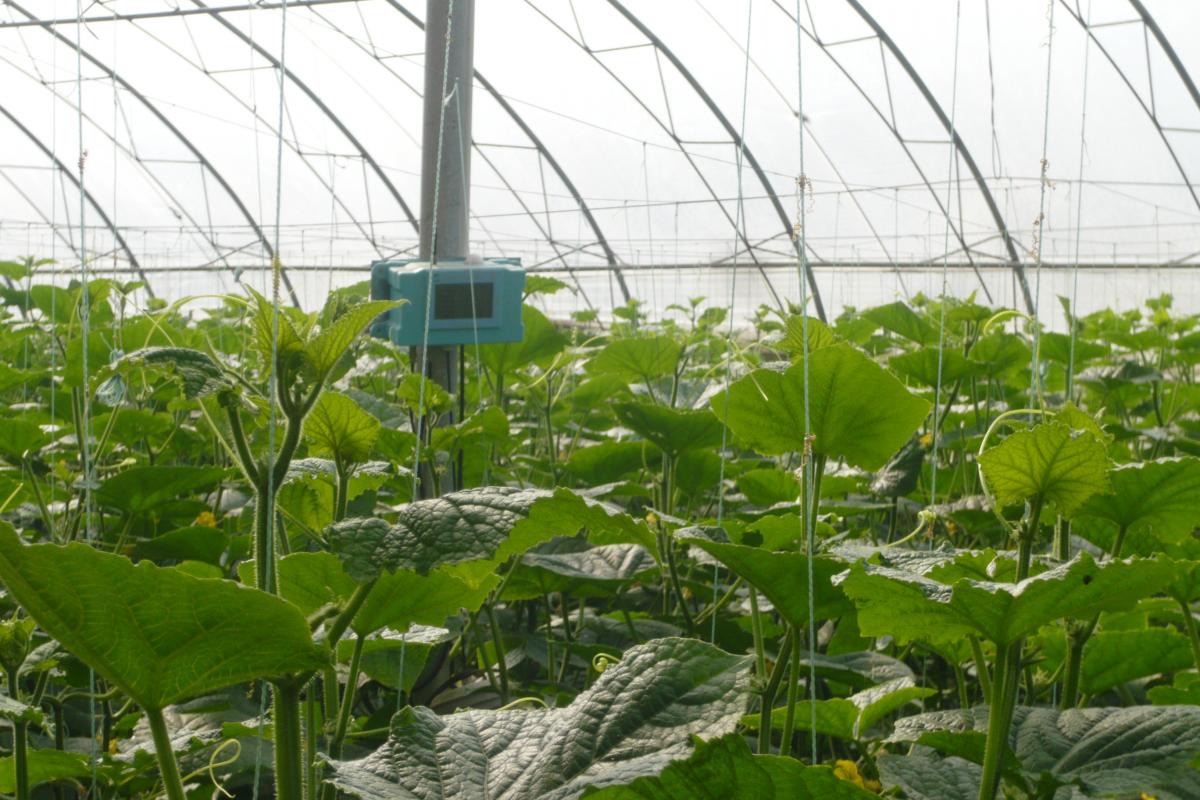How to combine specific local with holistic global, rationally?
This is my question, while am preparing to be involved in the event of CFS 43.
Networking about networks...
Nominated by YPARD, I am going to write blogs about the meeting of CFS 43, for social networks. I am not a blogger, but I believe in the necessary global efforts and in the role of young generations. Being an engineer, this challenge for me means "networking about networks". Indeed, the agricultural arena shows a number of aspects connected to each other and working together - they themselves build their own "network". For example livestock has a critical intermediate position in agri-food networks, while agricultural sustainability is determined by interacting of agri-food process networks with ecosystem networks. Moreover, these networks cannot be separated from networks in water-food-energy nexus. Well, complex global problems need global thinking...
but world seems to be more complex than the networks
Nowadays, both scientific and everyday thinking became holistically motivated, but questions cannot be answered by formal analysis of the structural properties, only. As it is highlighted in the HLPE report, livestock “is a particularly dynamic and complex agriculture sector”, and the importance of detailed dynamic processes within the space of limited resources have to be emphasized again. However, this goes toward the solution of large and multi-scale problems. Looking at this complexity a question appears:
How does nature survive its complexity?
Starting from agriculture and economy studies, I have been working for simulation based process systems engineering in applied life sciences and agri-food engineering for ten years. The experiences from the model based comparison of sustainability specific features of natural and human designed processes showed that the cooperative feedback loops between the functionally connected (neighboring) subsystems have a keynote role. In addition, everything (including the controlling information) is limited by the balance of finite resources. Obviously, these features have been supporting the adaptation of the nature to many slow and fast dramatic changes for million years. It raises that
to survive, we must learn from natural processes
Civilization is getting to cause dramatically increasing change, violating the balance of finite resources. The boundaries of this problem are global, while there are conflicting local interests of stakeholders in multiple levels. Considering these problems, we must learn from natural processes how the balances of finite resources can be saved in global scale for a longer time horizon. This needs a basically local cooperation of the functionally connected neighbors that is not a piece of mutual goodwill, rather the consciously embedded feedback. If stakeholders cooperate (i.e. consider also the objectives of their functionally connected neighbors), than the cooperation spreads along the network. The respective cooperative feedback of neighboring interest can be consciously designed, resulting a computer aided consensus solution. Also we have to take care to prevent the harmful influences, coming from the manipulated media and social networks, because these far reaching effects can destroy the balances. In addition, intelligent human being must contribute with inventions,
and we must go further by discovering and implementing new possibilities
HLPE report determines pathways toward sustainable development. One of them is the following: “Identify available solutions that can be mobilized by stakeholders at different level”. Taking into account the maximal set of possibilities has a keynote role in evolving of multi-interest decisions. As an example, let’s consider a couple, arguing with conflicting interests. Usually they think in a very limited, narrow set of possible changes, however, if both of them tries to extend his/her "possibility space", then it is easier to find mutually good consensus solutions. It is similar in multi-objective engineering (sub)optimization, where systematic overview of individual possibilities might be helpful. Moreover, this space can be extended by discovery of completely new solutions. Nevertheless, the partial possibilities must be tested in the holistic system and, considering the number of combinations, experiment has to be preceded by and accompanied with evaluated simulations. Computational simulation needs data and models,
while knowledge of data is to be combined with knowledge of models
Nowadays, there is a tremendously increasing amount of "big data" and methods for data acquisition based problem solving. Also there are sophisticated models with unknown parameters to be identified. Both data based statistical reasoning and ill defined models might cause wrong results. The obvious solution is a cooperative learning, where the models are continuously improved from data, while data-based reasoning can utilize the causally established knowledge of models.
Follow-up message
1. In model based decision support and design, it is worth to apply the principles, learnt from nature.
2. In this way, for the “rational” solution, mentioned in the title, we can find compromise solution between:
- local and rationally global supply chains,
- local details and global balance, as well as
- local interests and global sustainability.
This blog post is part of the CFS 43 YPARD social reporters' project supported by GFAR . The content, structure and grammar is at the discretion of the author only.
Related Posts
Comments
By accepting you will be accessing a service provided by a third-party external to https://archive.ypard.net/



